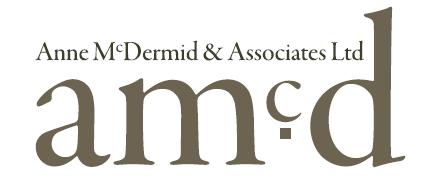
Just when you thought the vampire craze might be winding down:
Headline has fought off competition from five other publishers to acquire the 2009 Frankfurt Book Fair's hottest fiction title, The Discovery of Witches by Deborah Harkness. Viking US, which is selling the book at the fair, has racked up "well over seven figures" in rights sales so far... The Discovery of Witches is aimed at the adult market and set in a world where four species—vampires, witches, demons and humans—co-exist. A young woman discovers a book in the Bodleian library with strange magical powers, changing her perception of the world around her, so that she can see the other species. Although there is a covenant preventing inter-species relationships, she falls in love with a vampire. (The Bookseller)
Publisher Jane Morpeth, who acquired the title, compared the style to Anne Rice and "the more romantic elements of Stephenie Meyer".
All this has got me thinking about the sorts of things I'd like to see in the vampire novels of tomorrow, and more specifically, what I'd like to see in the vampire novel queries we receive here at the agency:
1. A fresh take on the mythology (we've gone from garlic and staking to sparkling and dating; whatever you do, make it memorable).
2. Characters we haven't seen before (no more brooding vampires pining over the loss of their humanity, or senseless killing machines. Introduce us to someone new!)
3. A different kind of love (there's more to being undead than vampire-human relations. Let your vampires explore what's out there).
4. Vampires behaving badly (I love a well-mannered vamp as much as the next girl but part of me longs for the days when a vampire could throw caution to the wind and drink from whomever he/she damn well pleased).





